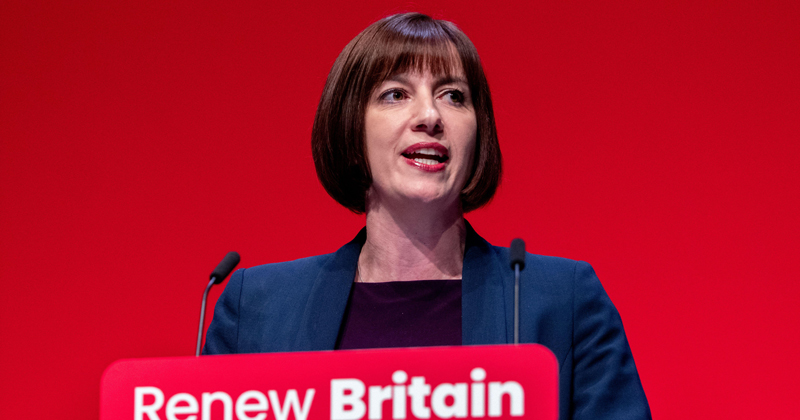The government will set a new “ambition” for 90 per cent of pupils to reach the expected standard in phonics, Bridget Phillipson will reveal tomorrow.
The education secretary will also officially unveil plans for a mandatory year 8 reading test at the Confederation of School Trusts annual conference today. The plan was exclusively revealed by Schools Week last month.
Phillipson has confirmed the new test will assess “reading fluency and comprehension”.
The government has now said it will also “build on the success of the phonics programme” by setting a new “ambition” for 90 per cent of children to be meeting the expected standard in the phonics screening check.
Government said the aim is to meet the target by the end of parliament, which is 2029.
This year, 80 per cent of pupils passed the check in year 1, the same as last year.
Government data, published last week, also showed the proportion of disadvantaged pupils taking the test for the first time and meeting the standard fell this year by one percentage point, to 67 per cent.
Pupils who do not meet the standard also resit the check in year two. But the target applies to year one.
The government also said it is expanding its support for reception pupils through the English hubs, putting a “laser-focus on the children that struggle the most, alongside reforms to boost the quality of education in the early years, and wider family support through Best Start Family Hubs”.
Government has already set out a target for three-quarters of children to be ‘school ready’ by 2028.
‘Positive steps forward’
Rebecca Boomer-Clark, chief executive of Lift Schools, said: “Reading is the key that unlocks everything, both learning and engagement. Having a national ambition for 90 per cent of children passing the phonics check and the introduction of reading tests at Year 8 are both very positive steps forward.”
Lift has been testing reading ability for pupils in year 2 to 10 for the last few years.
“This has provided us with invaluable information and insight on how to get children back on track – it has driven significant leaps forward in how our children and young people read and as a result how they can engage fully in their learning,” Boomer-Clark added.
“This work is critically important for all children, but especially so for those from more disadvantaged backgrounds.”
However unions were less welcoming – and called for a “clear plan” to achieve the new ambition.
Paul Whiteman, general secretary of school leaders’ union NAHT, said: “Simply announcing a new ambition for attainment in the check won’t make it actually happen without more tangible intervention.”
Pepe Di’Iasio, general secretary of the Association of School and College Leaders, added: “Tests and targets are easy to set but what would make the greatest difference in improving literacy is to ensure that schools are sufficiently funded and resourced to provide more intervention and support to children from disadvantaged backgrounds and those with special educational needs.
“As things currently stand the financial situation is dire and schools are having to cut provision.”
‘Reading holds the key’
But Phillipson said a year 8 reading check would set clear expectations to support parents, teachers and pupils to identify gaps early, target support for those who need it and help the most able go further.
She will say the schools white paper, due this term, will “lay the path for national renewal to take schools into the 2030s”.
“There is one barrier in particular I worry is locking young people out,” Phillipson will say. “Because before a child can even begin to engage in everything their school has to offer, they must first be able to read.
“When they can’t, the sense of dejection sets in. Engagement seeps away. Attendance follows.
“Reading holds the key to so much. There is no foundation more important.
Phillipson said tests will “assess reading fluency and comprehension. We’ll test progress at this key point when too many children either spin their wheels or fall further behind.
“Invaluable data for schools to make sure no child’s need for more, for a helping hand, can slip through the cracks.”
As revealed by Schools Week, test results will be made available to Ofsted and government, but not published. The expectation is the test will provide a “snapshot in time” and it is “not an assessment children need to revise for”.
Schools will make results available to parents though, the government added.
Ministers hope to put it in place from the 2028-29 academic year, however plans are still being finalised.








Your thoughts